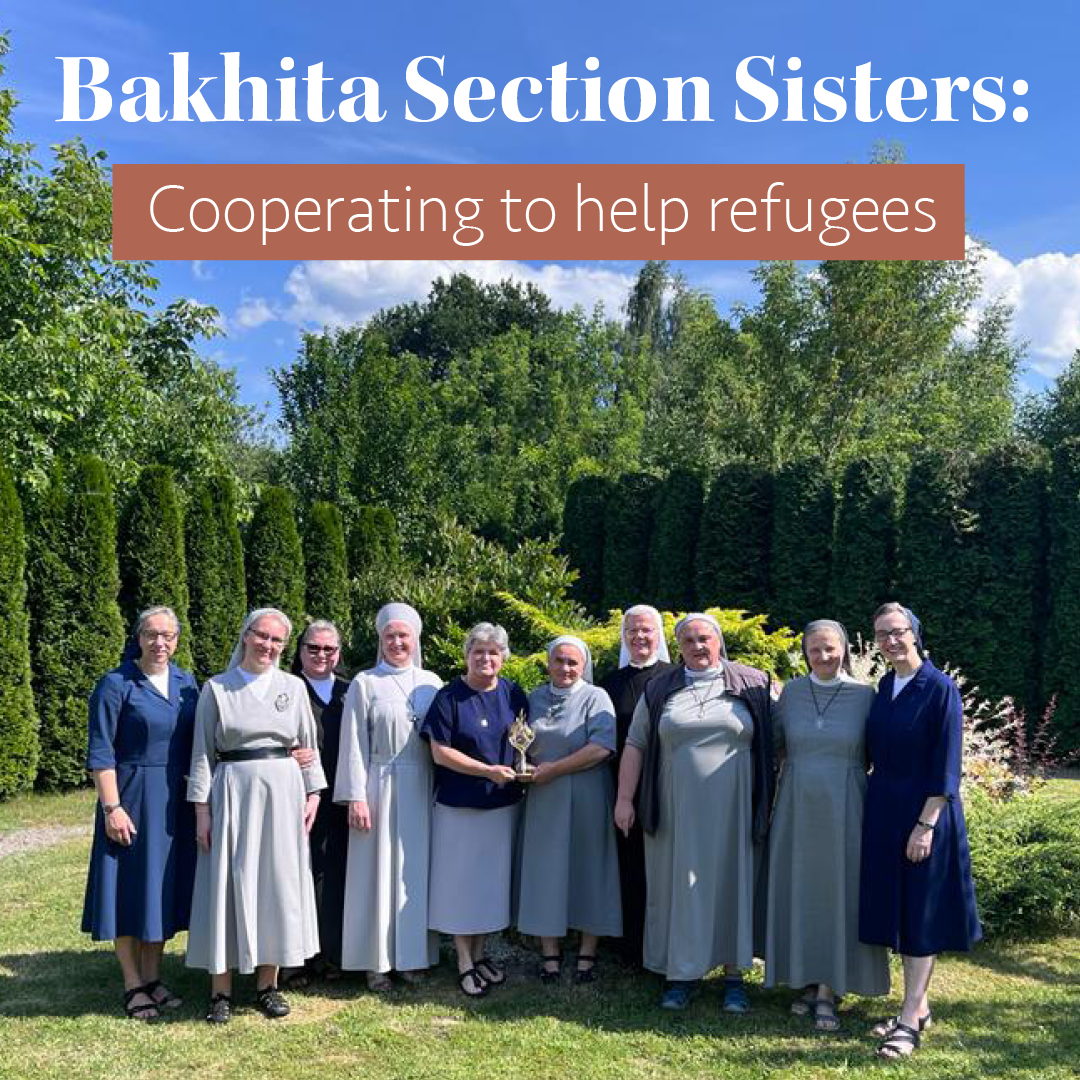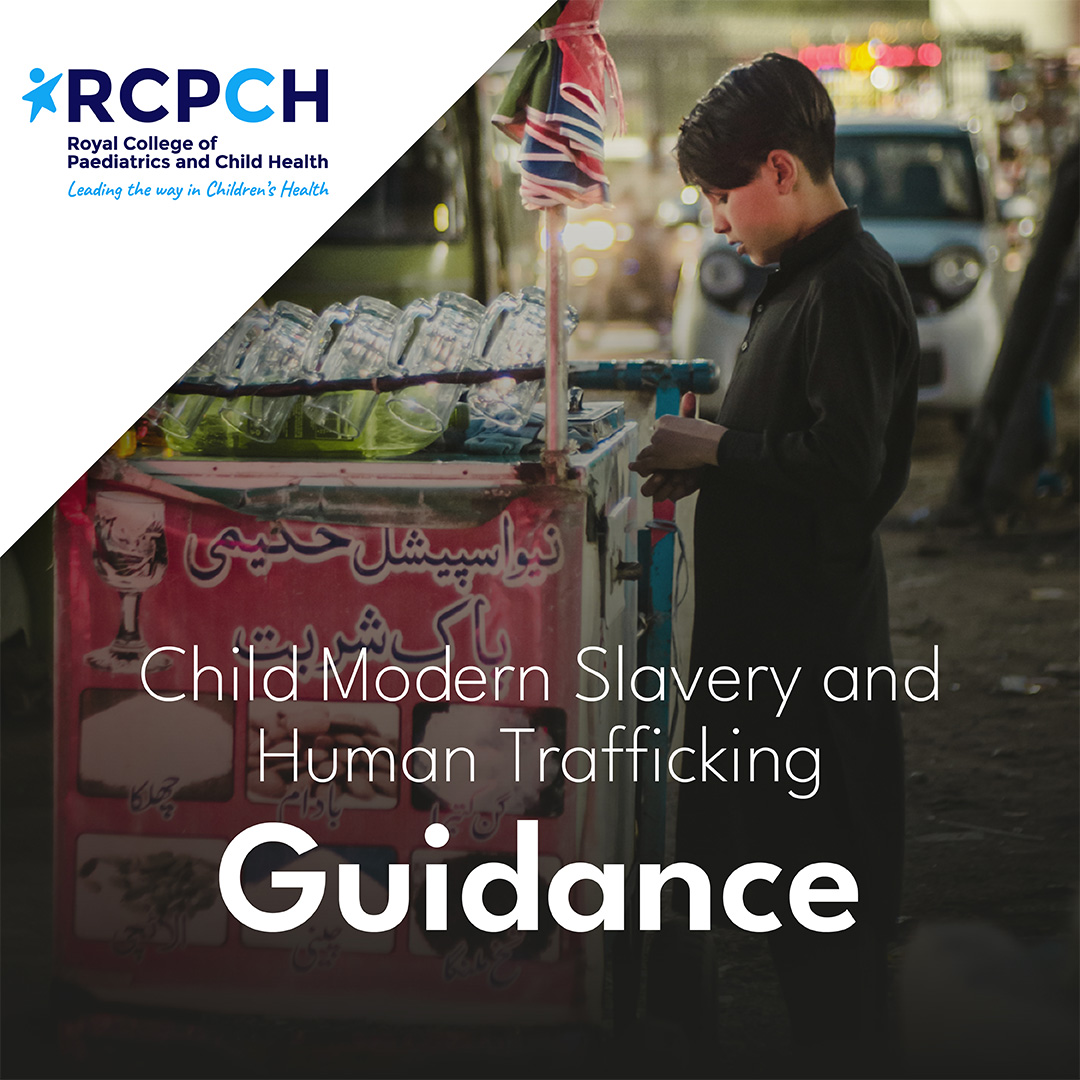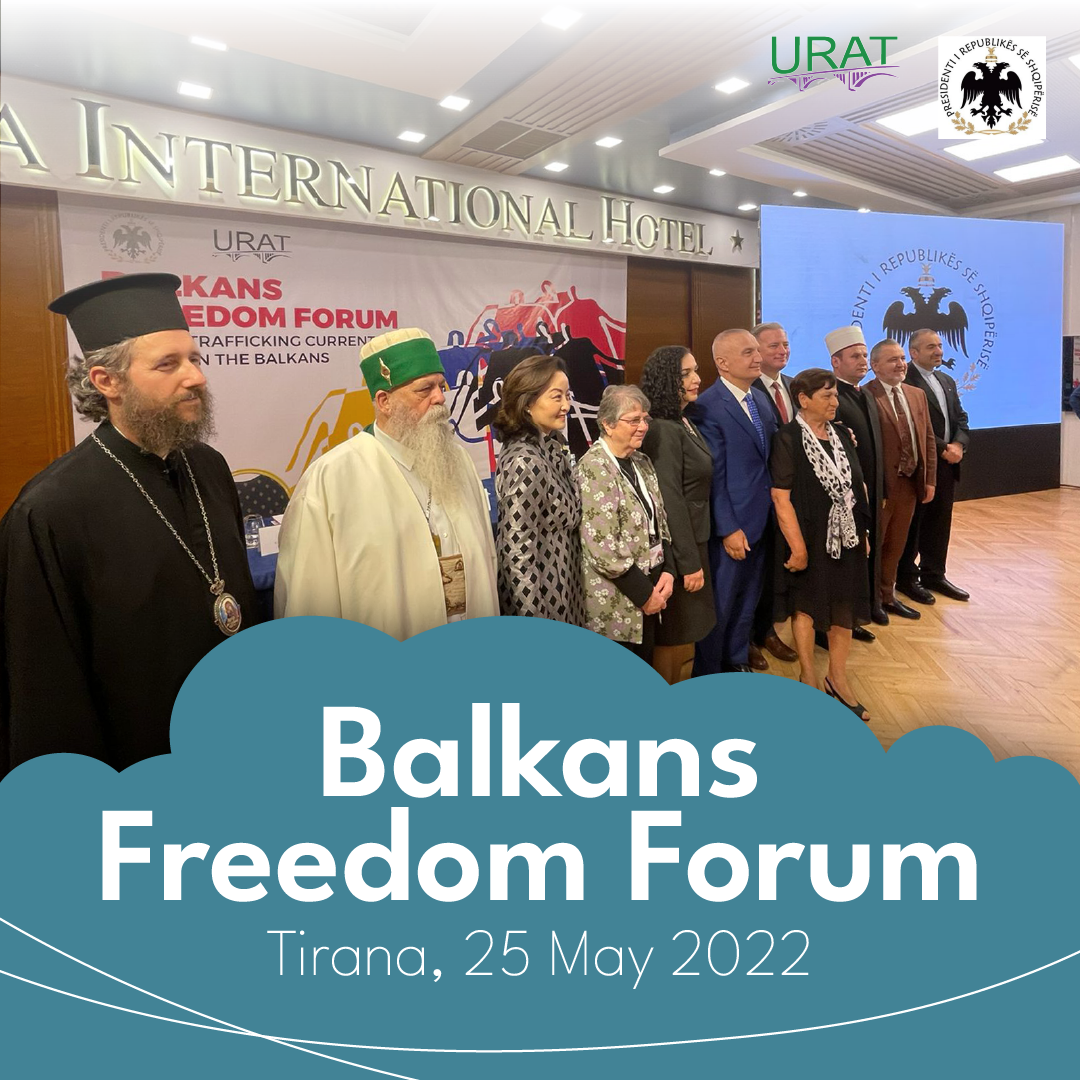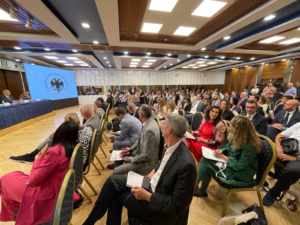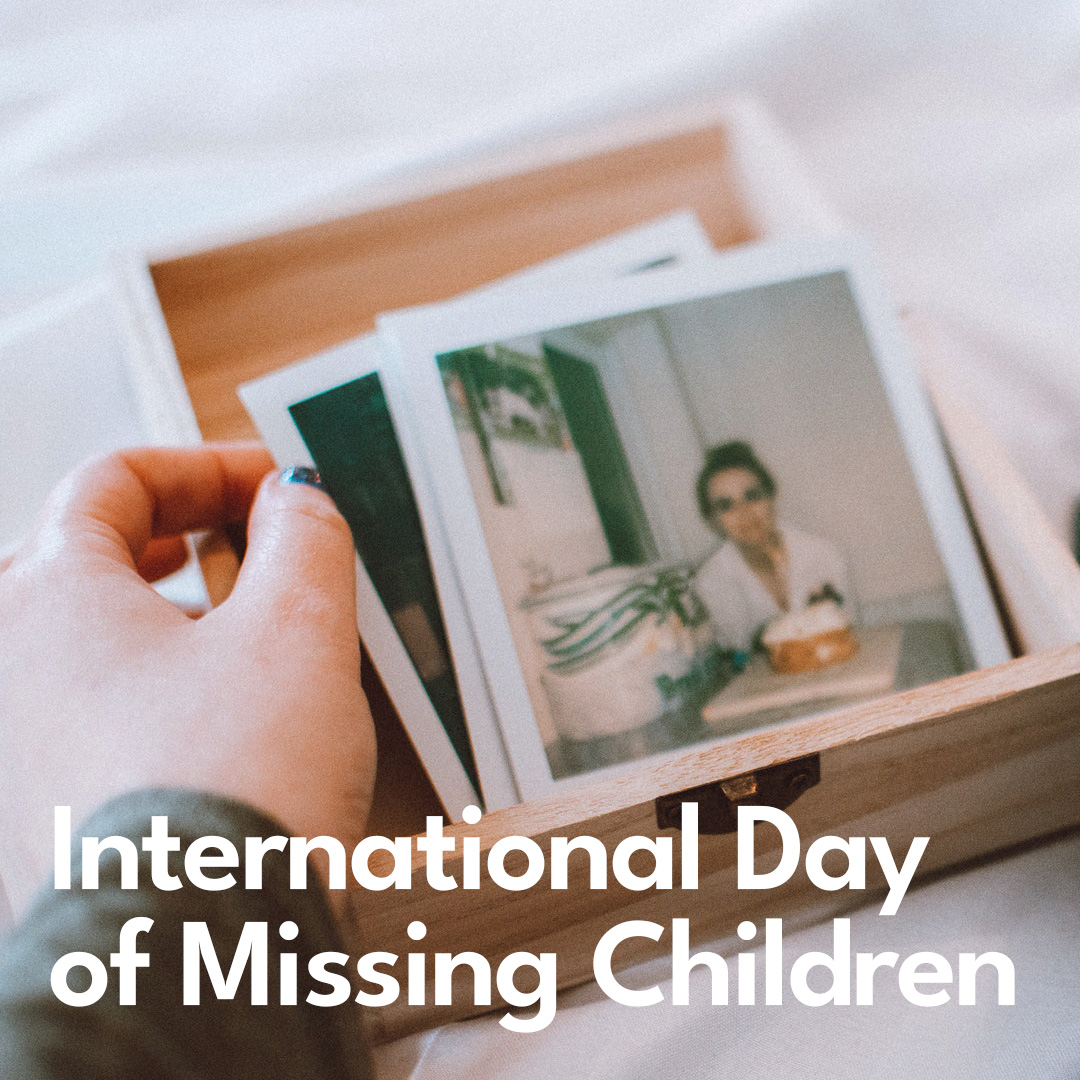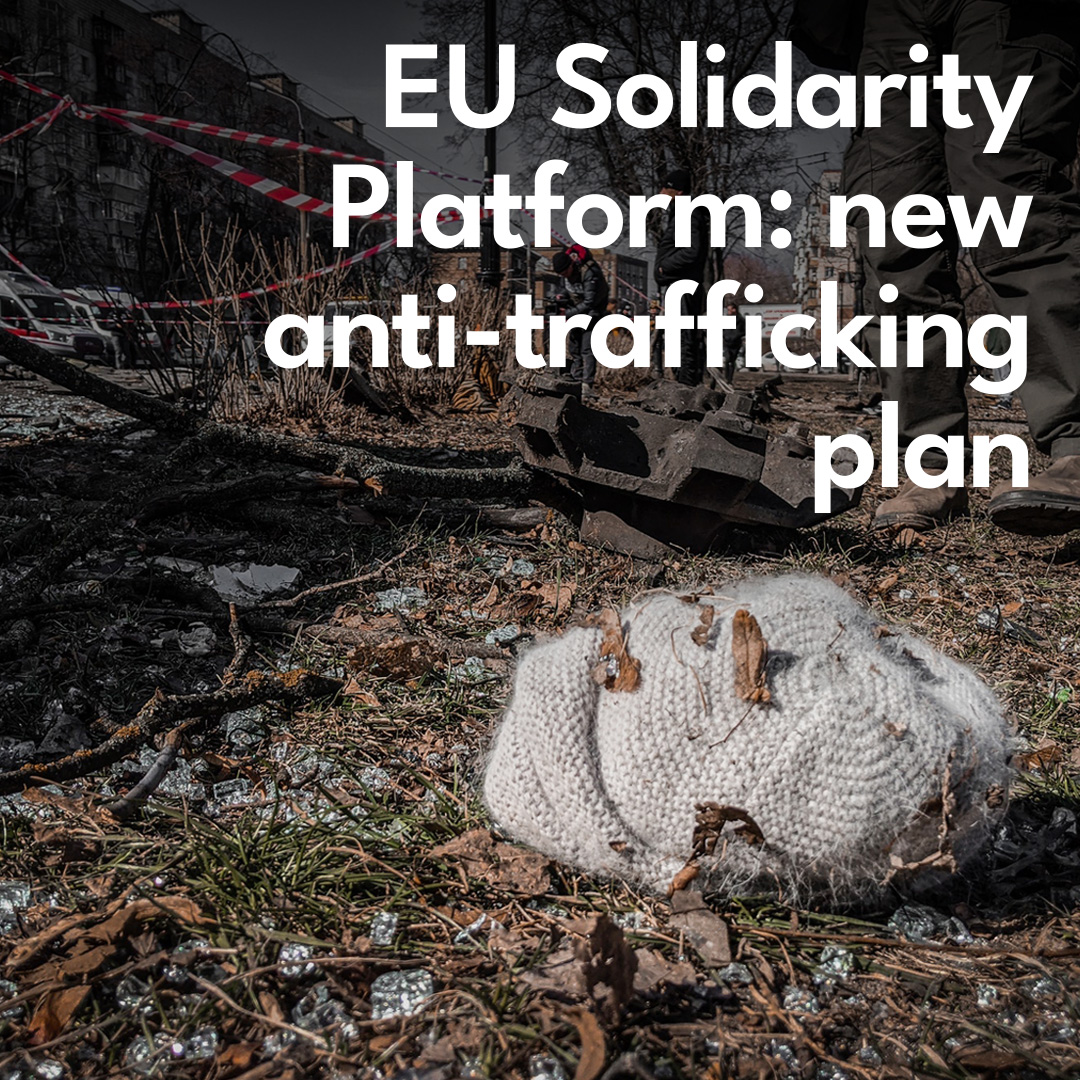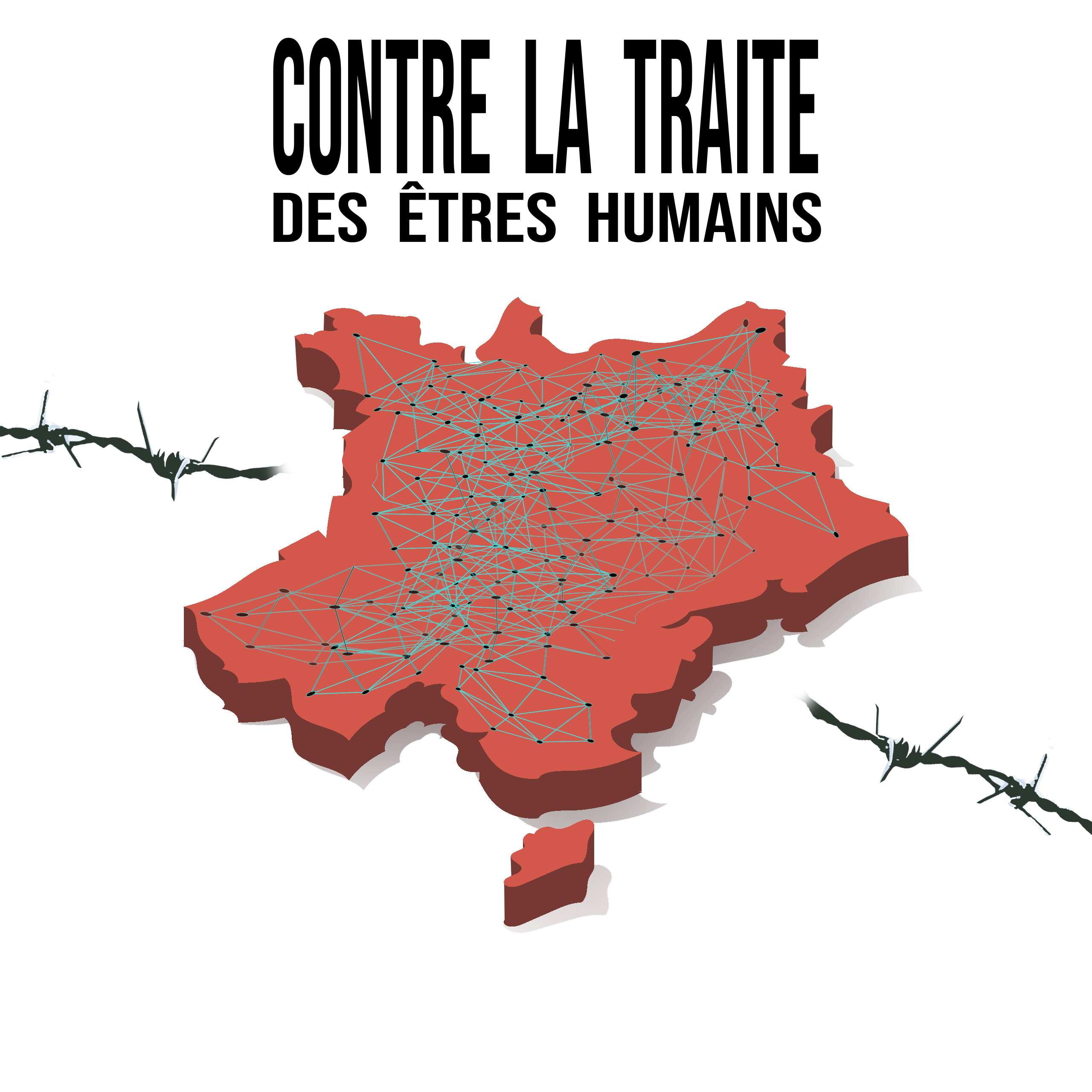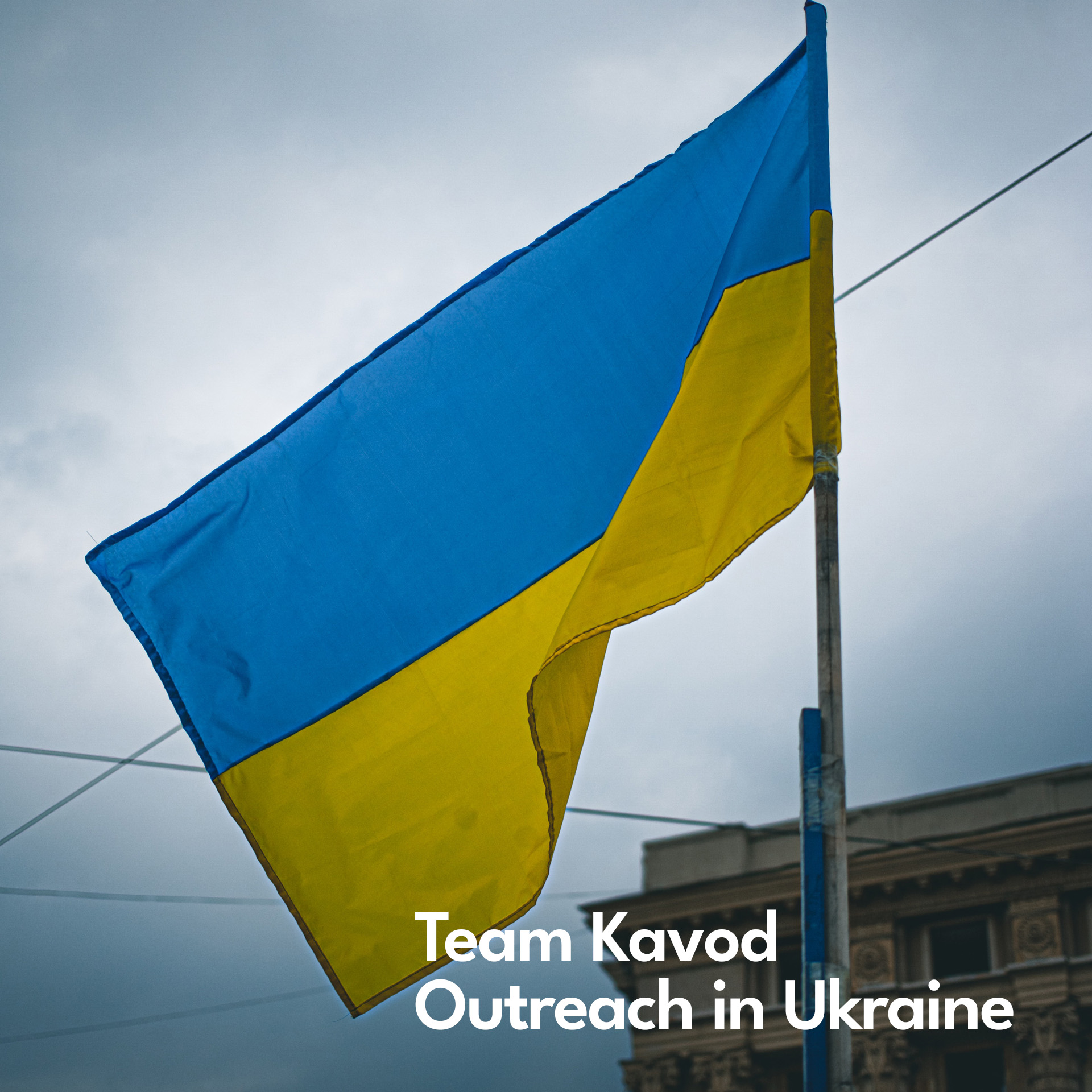Sisters from the Bakhita Section for Counteracting Contemporary Forms of Slavery and Aid to Victims met on June 25, 2022 in Częstochowa.
The meeting was attended by: Sr. Bożena Noga – President of the Section, Sr. Anna Bałchan, Sr. Barbara Zawiła, Sr. Czesława Morkowska, Sr. Sylwia Prokopowicz, Sr. Goretti Nowak, Sr. Leonarda Klim, Sr. Katarzyna Grunwald and Sr. Gabriela Hasiura.
The meeting began with a prayer to St. Sister Bakhita, taken from the document “Pastoral Orientations on Human Trafficking”, which the Vatican has issued in cooperation with episcopates of various countries.
At the beginning of the meeting, the Sisters shared this year’s activities as part of the Section’s goals. Sr. Katarzyna presented a report prepared for the Conference of Major Superiors of Female Religious Congregations. Sr. Gabriela Hasiura shared her experience at the RENATE working board meeting, which took place in May in the Netherlands. She also talked about the upcoming meeting of all members of the RENATE network in Fatima in November this year and establishing contacts with the International Justice Mission, operating in many countries worldwide. Sister Bożena Noga, on the other hand, shared information on cooperation with Talitha Kum, International Network Against Human Trafficking caring for persons wounded by exploitation and acting against inequalities caused by economic and cultural systems.
In addition, by reading the signs of the times, the Sisters from the Bakhita Network were actively involved in helping women and children, and sometimes also entire families – refugees from Ukraine, sensitized to search for possible victims of trafficking among them.
These are the following forms of assistance undertaken by sisters:
- sheltered housing
- information actions to protect against trade – warning posters at railway stations
- volunteering
- appealing to the Minister of Justice with a request to react to the phenomenon of trafficking in human beings at the borders
- making recruitment difficult for traders by creating car registration procedures (Przemyśl)
- work in the support network in local communities
- helping people travelling by train (Kutno)
- employing people from Ukraine
- receiving children from Ukraine in institutions and surrounding them and their mothers with special care
- therapeutic meetings for children and mothers
- prophylactic actions Woman to Woman
- assistance in acquiring professional qualifications (cook, kitchen assistant, teacher’s help) – Stowarzyszenie PoMOC
- learning the Polish language
- participation in the project “Tenda di Abramo” Italy – a six-month relocation project in Italy
- support for Polish families hosting refugees
- integration meetings for people from Ukraine and Poland
- holiday integration trips
- helping women with transport, departure to Italy and Spain
- short-term stays in our religious houses
- material assistance, collections
- humanitarian transports to Ukraine
We are aware that the war triggered a lot of sensitivity and willingness to help and at the same time intensified destructive processes, including trafficking in human beings. We want to take a step forward to prepare ourselves to work with victims in this part of the world. Hence the idea of organizing training on cultural differences and setting boundaries wisely: “Cultural differences – my world is not your world” on September 24-25, 2022 in Częstochowa for nuns and lay people serving among refugees who want to learn about cultural differences to help more effectively.

.png)






